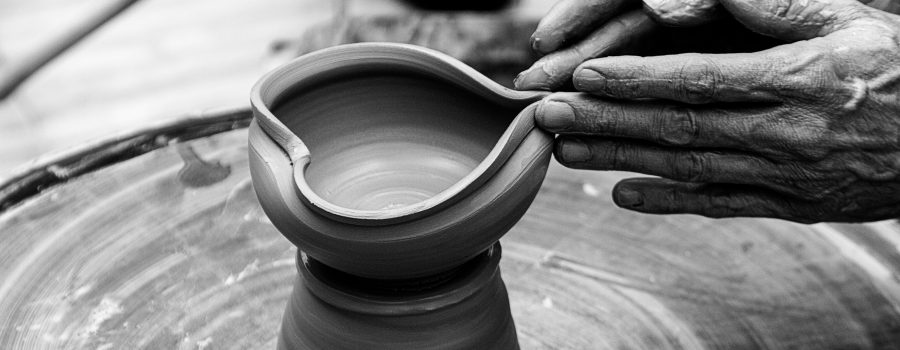Greatness is a term that is thrown around quite a bit in the modern world. “Great job on that report!” “Great meeting yesterday!”
By today’s standards, there are hosts of great athletes, great entrepreneurs, great chefs, and great actors working today.
But true greatness stands the test of time. It is so different and so unique in its era and its medium that it comes to define the time and form it was born in.
We remember Greatness
Many artisans worked in Florence 500 years ago—painters, sculptors, jewelers, tailors. One Florentine artisan, however, we remember above all others—Michelangelo.
Countless books have been written about Michelangelo, but I use him only to illustrate the point that true greatness stands the test of time. His sculptures and paintings were produced in an age where those things were commonplace—standard ways of decorating public and private spaces. He chose, however, to break conventions to achieve his vision. He painted nude figures in a chapel (Sistine Chapel); he used slabs of marble other artisans had discarded (David). He would rather lose a commission than deliver work beneath his standards for time’s sake.
His particularity and difference brought him both scorn and praise during his time. I’m sure the many artists who created the paintings and sculptures asked of them enjoyed a very comfortable—and scorn-free—living and were well respected in their time. Eras, however, aren’t defined by the people who do very good work for today’s needs; they are shaped and defined by people who dare to do great work that endures generations.
Being Good is not the same as Being Great
Being consistently good at delivering presentations and speeches, writing documents and emails, and designing websites will bring you a comfortable living and make you a respected person in our time. But striving for greatness requires that you put that comfort and respect at risk. Being great isn’t just about being better. Being great means being different. And being different opens you up to the judgement of others who are accustomed to—and comforted by—very good work. That judgement often determines your income, your social standing, and the ability to provide for your family. For most people, that makes very good much more appealing than great.
Corporate America—and nonprofit America, for that matter—needs people who are willing to dare to do great work. It needs people who will do things differently because they think it’s better—people who are willing to put something that doesn’t look like anything else on the projector in the conference room. These are the people that will come to define the 21st century world of work.
How often do you walk out of a meeting in awe of a presentation? When was the last time you hung up a phone thinking that you’ve never heard anything like that before?
But Being Good isn’t worse than Being Great
And you—how often do you put together exactly the presentation that your boss is expecting? How many times have you delivered “good enough” in the interest of time? How much of what has left your inbox today was designed to meet someone else’s expectations? How much was a full and complete representation of your unique potential and perspective on the subject?
You can’t reach for greatness and acceptance at the same time.
Acceptance in organizations is job security…which brings me to why you’re not great at your job: You can never be truly great at a job you’re afraid to lose.
